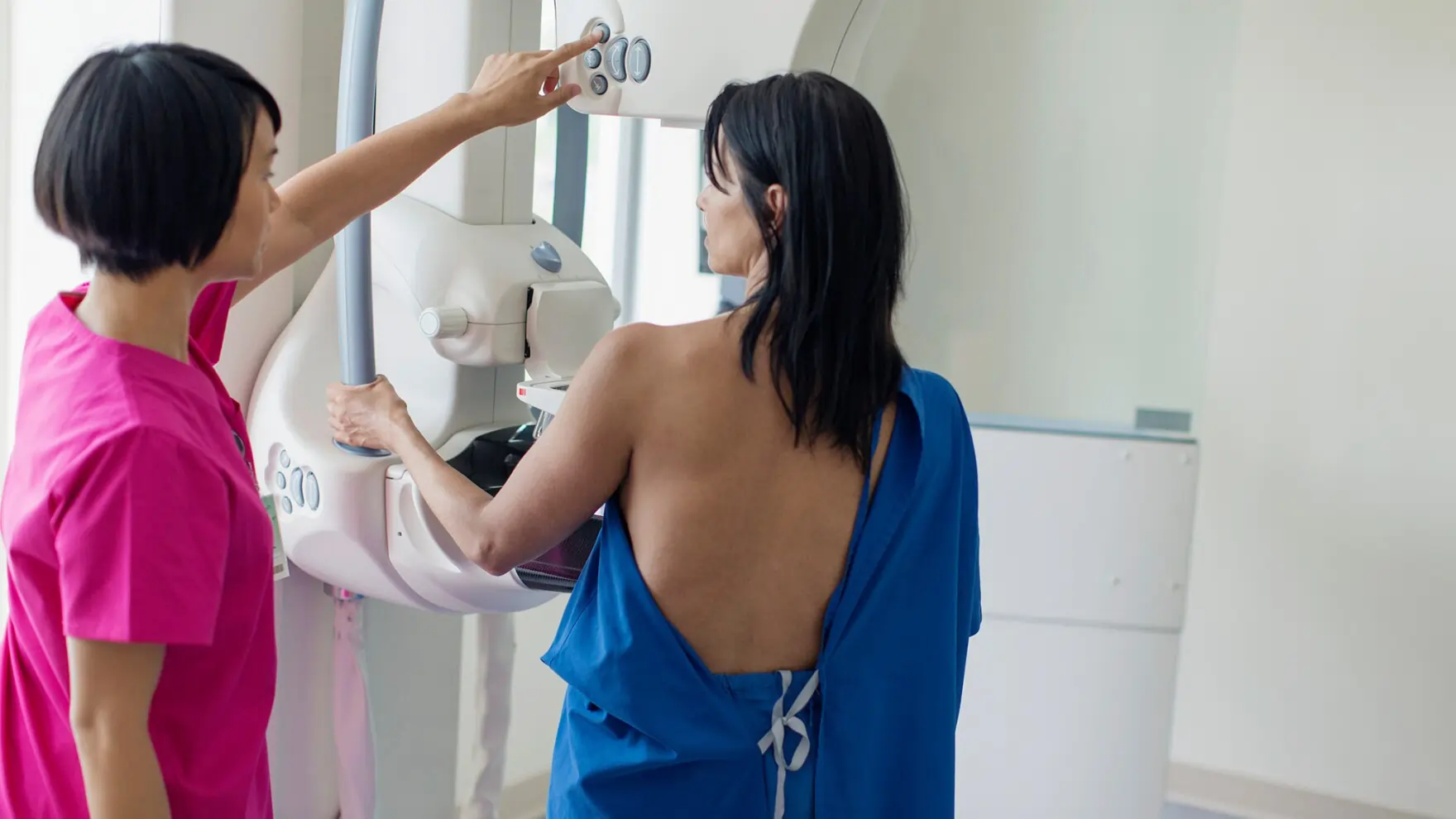
The pink eraser breast cancer vaccine represents a shift in how we approach cancer prevention, moving beyond treatment to a proactive defence. By harnessing the body’s natural immune response, it aims to create a safeguard against the development of breast cancer in at-risk individuals. Ongoing research and clinical trials are shedding light on its potential to revolutionise cancer prevention, but questions remain about its availability and who may benefit most from this innovation. Let’s dive into the content to learn more about how this vaccine could transform breast cancer care and prevention strategies.
Understanding the Pink Eraser Breast Cancer Vaccine: A Game Changer in Cancer Prevention
The Pink Eraser vaccine represents a breakthrough in the field of cancer prevention, offering a new approach to combating breast cancer. This innovative treatment works by triggering the body’s immune system to target specific proteins found in cancerous cells, helping to reduce the risk of breast cancer development. By focusing on early intervention, the vaccine could play a vital role in reducing the incidence of breast cancer, especially among high-risk populations. The technology behind this approach builds on years of research into how immunotherapy can be used to prevent rather than just treat cancer. Unlike traditional methods of prevention or treatment, this vaccine seeks to create long-term immunity against the disease, potentially lowering the need for more invasive interventions in the future. With its unique mechanism, it offers hope for a preventive measure that could dramatically change the way breast cancer is addressed. This progress highlights the importance of continued research and clinical trials to fully understand its efficacy and broader application for those at risk of breast cancer.
Breaking Down the Science: How Vaccines Target Cancer Cells
Designed to harness the body’s immune system, cancer-targeted vaccines recognize and attack malignant cells. Unlike traditional vaccines that prevent infectious diseases, cancer vaccines are therapeutic, treating existing cancer by stimulating an immune response against specific proteins found on cancer cells. They train the immune system to identify abnormal cells as threats, allowing it to destroy them while leaving healthy cells unharmed. By focusing on markers found on cancer cell surfaces, these vaccines offer a targeted approach that enhances the body’s natural ability to combat cancerous growth. In breast cancer, researchers are exploring vaccines that target overexpressed proteins in cancer cells, which are rare in healthy tissue. This specificity could improve the immune response, potentially reducing tumor size, preventing recurrence, and aiding in remission. Just as Fragrance Oil for Women is crafted to capture distinct and appealing scents, these vaccines are designed to deliver precise treatments, potentially transforming cancer care in the future.
Benefits and Potential Side Effects: What You Should Know
The breast cancer vaccine presents promising advantages for those focusing on preventive care against this life-threatening illness. Among its primary benefits is the potential to lower the risk of breast cancer recurrence, especially in high-risk individuals or those who have undergone previous treatments. Additionally, maintaining overall wellness, including glowing healthy skin, plays a crucial role in supporting the body’s defences and overall health. The vaccine may also enhance the immune system’s ability to target cancer cells, providing an additional layer of protection. This cutting-edge approach could reduce the need for invasive treatments in the future, such as chemotherapy or radiation, which are often accompanied by significant side effects. However, like any medical treatment, the vaccine does carry potential risks. Common side effects may involve mild to moderate flu-like symptoms, such as fatigue, headaches, and fever, as the body responds to the immune reaction triggered by the vaccine. In rare instances, individuals may experience more severe reactions, but these cases are infrequent. It’s important to discuss any concerns with a healthcare provider to weigh the potential benefits against the risks when considering this option.
Eligibility and Availability: Who Can Receive the Vaccine?
Eligibility for the breast cancer vaccine is primarily determined by an individual’s risk factors, which may include a family history of breast cancer, genetic predispositions, or previous treatments. The vaccine is typically recommended for women at high risk, especially those with mutations in genes like BRCA1 or BRCA2. Additionally, ongoing clinical trials may offer access to individuals who meet specific inclusion criteria. It’s important to note that the vaccine is not yet widely available to the general public and is mainly accessible through research programs or specialised healthcare facilities. As the vaccine progresses through its clinical trial phases, availability is expected to expand. Those interested in receiving the vaccine should consult with their healthcare provider to discuss eligibility and potential participation in ongoing studies. The development of this innovative treatment is a promising step toward providing more targeted prevention options for individuals at risk of breast cancer, offering hope for broader access in the future.
The Future of Breast Cancer Treatment: What’s Next in Vaccine Research?
The future of breast cancer treatment is rapidly evolving, with vaccines playing a pivotal role in reshaping the approach to prevention and care. A comprehensive wellness strategy is becoming increasingly essential as medical advancements and ongoing research pave the way for innovative vaccines. These breakthroughs offer hope for reducing both the incidence and severity of breast cancer by providing more targeted treatment options. At Health Advisor Talk.com, we are dedicated to offering the most reliable and up-to-date information on emerging medical technologies. As new research unfolds, we remain committed to keeping you informed on the latest developments in breast cancer treatment, empowering you with the knowledge to make informed health decisions.
Enjoyed the Read? Share It!








